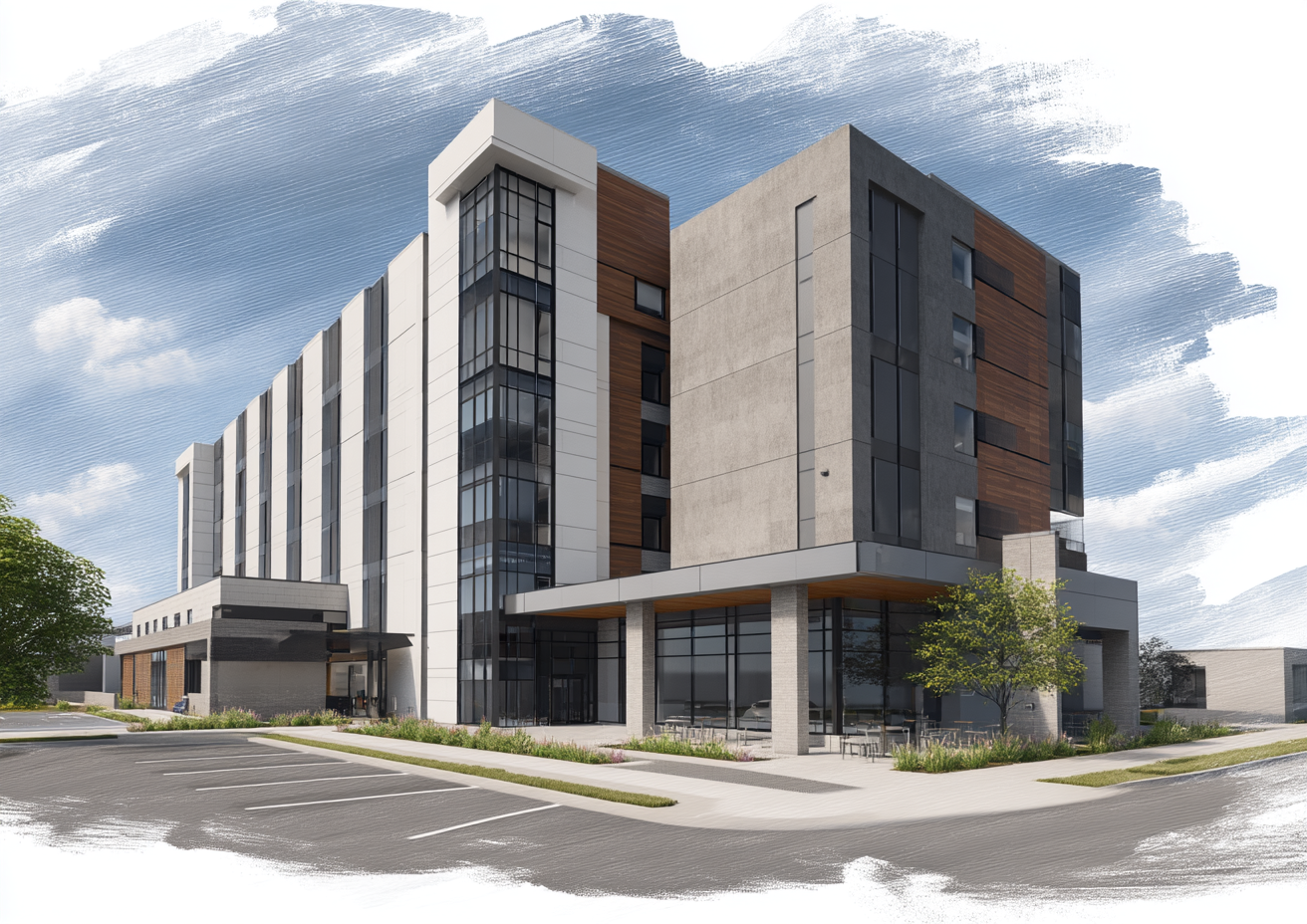The rise of ambient AI marks a significant shift in how healthcare providers manage their clinical workflows. This innovative technology enhances clinical productivity and addresses key challenges within the industry, especially in the United States, where increasing workloads and staffing shortages pose pressing issues. Understanding how ambient AI integrates with current systems, particularly Electronic Health Records (EHR), is essential for healthcare administrators, clinicians, and technology vendors aiming to enhance workflow efficiency.
Understanding Ambient AI in Healthcare
Ambient AI refers to AI technologies that operate unobtrusively in the background, automating routine tasks, processing data in real-time, and providing analytics without demanding constant interaction from healthcare professionals. By using voice recognition, smart assistants, and machine learning algorithms, ambient AI reduces the administrative burden on clinicians, allowing them to focus more on patient care.
Key Challenges in Clinical Workflows
Healthcare systems are grappling with various challenges:
- Increased workloads: As the demand for healthcare services escalates, clinicians face overwhelming administrative duties.
- Staffing challenges: Shortage of healthcare professionals exacerbates the pressure on existing staff.
- EHR integration: Many organizations struggle to leverage their EHR systems to their full potential, hampering data accessibility and usage.
- Clinical adoption: The integration of new technologies, including AI tools, often meets resistance from clinicians wary of change.
Addressing Challenges with Ambient AI
Several successful implementations of ambient AI have demonstrated its potential to resolve these challenges:
Streamlining Administrative Tasks
By automating appointment scheduling, documentation, and billing processes, ambient AI drastically reduces the time clinicians spend on non-patient-facing tasks. For example, using AI-driven assistants can automate intake processes, allowing clinicians to engage with patients more effectively. As a result, they can enhance care quality while managing an increased patient load.
Improving EHR Integration
Ambient AI technologies can simplify EHR navigation, providing clinicians with instant voice-activated data access. This enables more efficient data entry and retrieval, enhancing clinical workflows. For instance, AI allows for automatic updates to patient records based on clinician interactions, thus fostering more accurate and up-to-date information.
Facilitating Clinical Adoption
Education and training on ambient AI’s functionality are fundamental to overcoming resistance to change among healthcare professionals. For instance, hands-on training sessions can help clinicians understand how ambient AI improves workflow efficiency and patient care quality, ultimately fostering a culture of innovation within healthcare settings.
Real-World Success Stories
Many healthcare organizations have successfully integrated ambient AI into their operations:
- Mass General Brigham: This renowned healthcare system has implemented AI algorithms to help clinicians predict patient outcomes, streamline discharge processes, and reduce readmission rates.
- Mount Sinai Health System: They adopted AI for voice recognition and transcription, resulting in a significant reduction in documentation time, allowing providers to see more patients.
The Role of Technology Vendors
Technology vendors play a pivotal role in the integration of ambient AI solutions in healthcare. They must ensure that their products are user-friendly, scalable, and capable of seamless EHR integration. Close collaboration with healthcare providers allows vendors to tailor solutions that meet the specific needs of various clinical settings.
Actionable Insights for Healthcare Administrators
For healthcare administrators looking to implement ambient AI effectively, consider the following actionable insights:
- Invest in Training: Prioritize comprehensive training programs to facilitate smoother integration of AI tools and foster familiarity among staff.
- Engage with Staff: Involve clinicians in discussions about AI implementation to address concerns and gather valuable input.
- Analyze Workflow: Before introducing new technology, conduct a thorough analysis of current workflows to identify specific areas ambient AI can enhance.
- Measure Impact: Regularly assess the efficacy of AI tools after implementation to ensure desired results are being achieved, making necessary adjustments as needed.
The Future of Ambient AI in Healthcare
The future of healthcare hinges on embracing emerging technologies, and ambient AI is at the forefront. As clinical workflows become increasingly complex, the role of AI in streamlining operations becomes crucial. Researchers predict that the application of AI tools can increase clinical productivity by up to 30%. This has profound implications not only for patient care but also for the efficiency and effectiveness of healthcare professionals.
Conclusion
In conclusion, ambient AI is transforming clinical workflows by addressing the most pressing challenges in healthcare today. As administrators and clinicians embrace this technology, the potential for improved patient care and enhanced productivity becomes increasingly evident. To harness the full benefits of ambient AI, it is vital to prioritize training, foster collaboration among staff, and continuously measure the impact of these tools. Explore how ambient AI can transform your healthcare practice and reshape the future of healthcare delivery.







